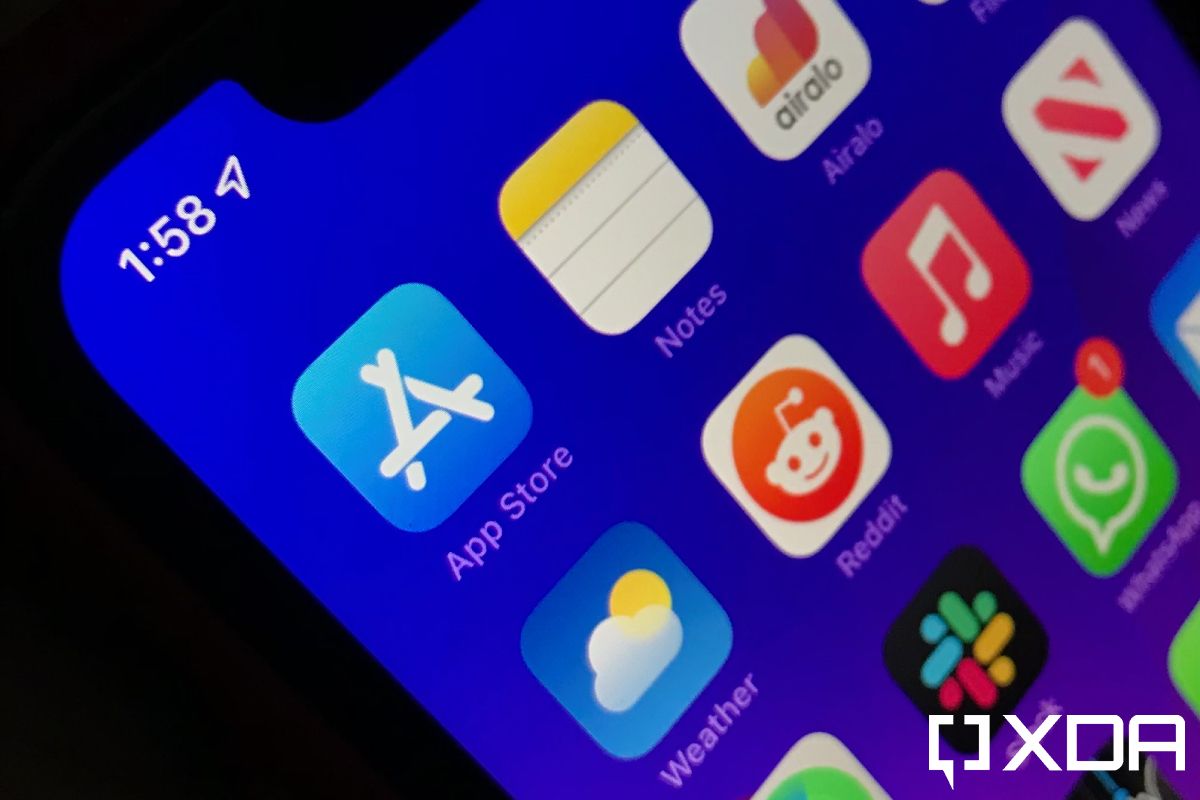When developers build apps, they don't always have mass-distribution in mind. Some apps cater to select groups of users that the developer targets. Apple already allows devs to geo-restrict apps published on its store. This prevents users from other regions to download the app for various reasons -- that differ from case to case. However, sometimes location restrictions aren't enough. For example, there are employee tools that are only meant for people who work at a certain company. Until now, developers couldn't un-list these tools -- if published on the App Store. That's no longer the case, though, as Apple has started allowing developers to publish unlisted apps on its store. They're accessible through private links that the devs can distribute based on their preferences. Considering side-loading apps on iOS isn't as simple as that on Android, this is a very welcome change that makes limited distribution easier.
Apple has announced (via MacRumors) on its Developer website that devs can now publish unlisted apps on the App Store. This allows them to share these apps with small circles of users -- through private links. However, nothing stops users with the link from sharing it with others. There's no invite-only mechanism implemented into this new feature. Developers can also un-list currently listed apps by submitting a request. However, they will retain their old links, and anyone who has it will be able to download the app.
The company highlights that un-listed apps aren't meant to be a replacement for TestFlight. Before submitting a request to remove the listing of an iOS app, it has to be ready and in its final form. The Cupertino tech giant also advises developers to implement their own mechanisms in apps to prevent unauthorized use -- for anyone with the links can download them. This feature only hides apps from search results, recommendations, and other public sections. iOS developers can take advantage of it by submitting a request to Apple, and it's available in all countries where the App Store is.
What do you think of this new feature? Let us know in the comments section below.

